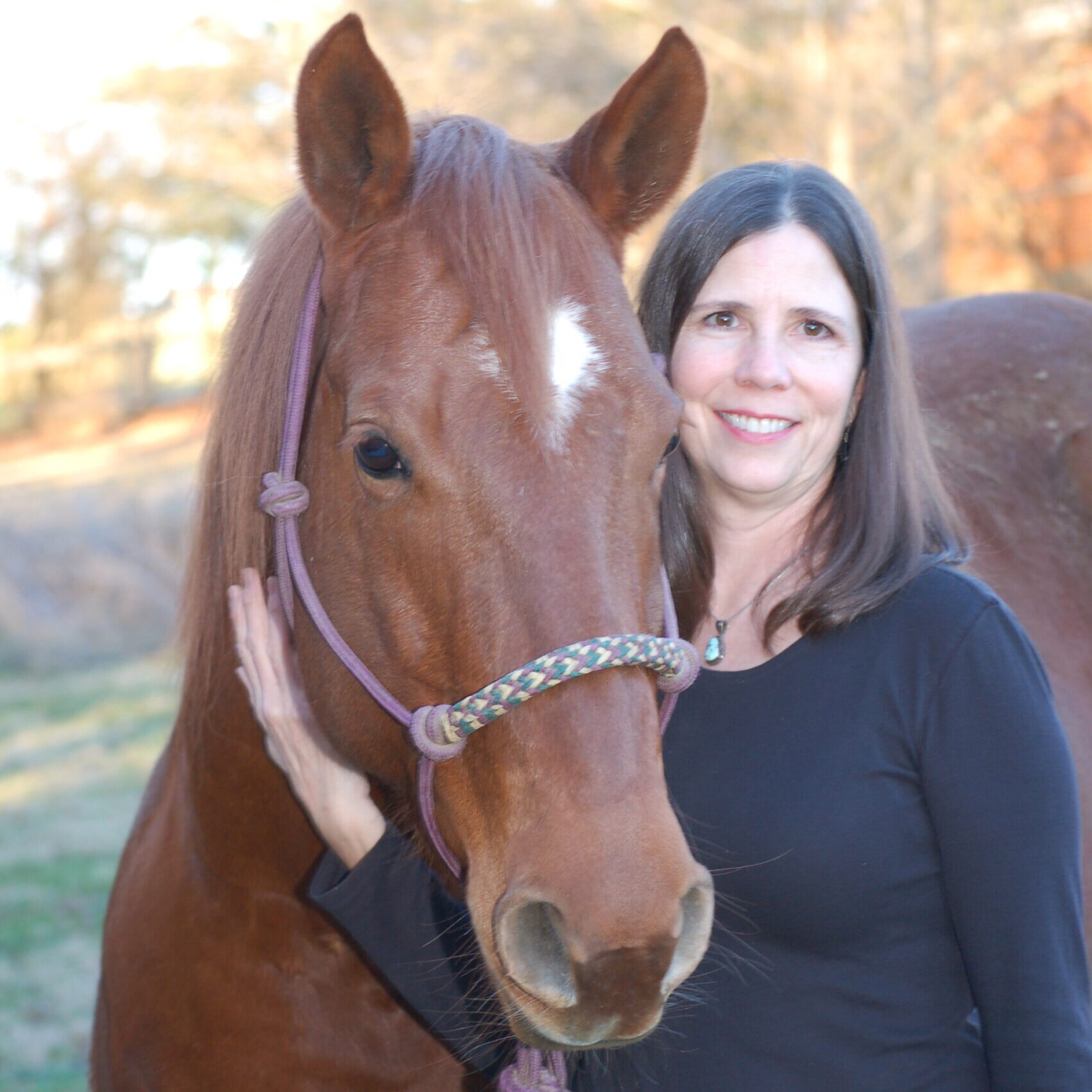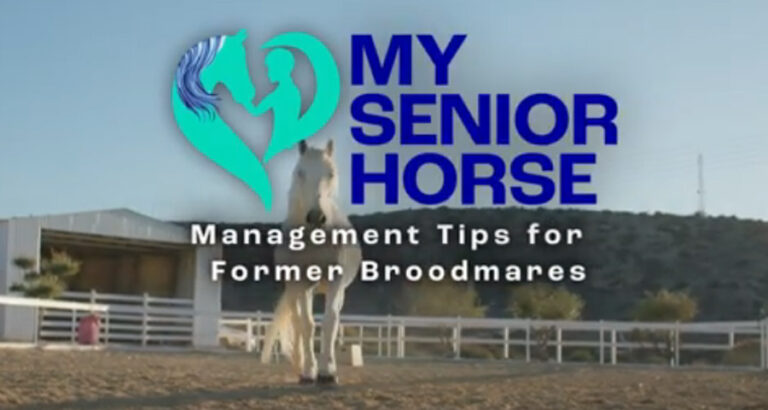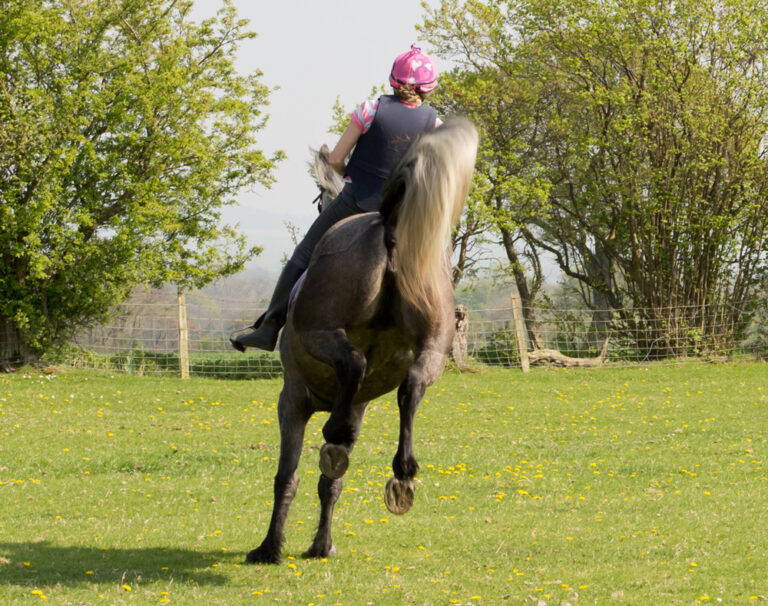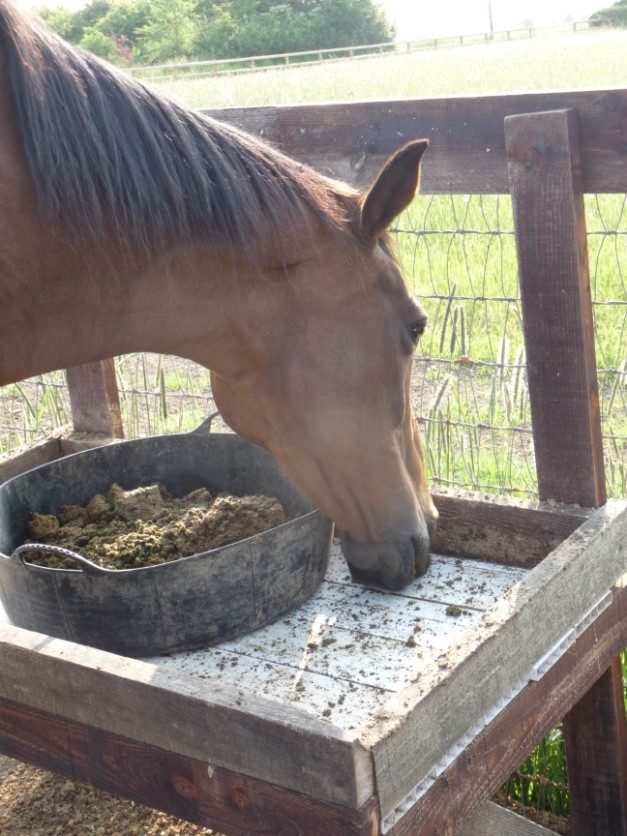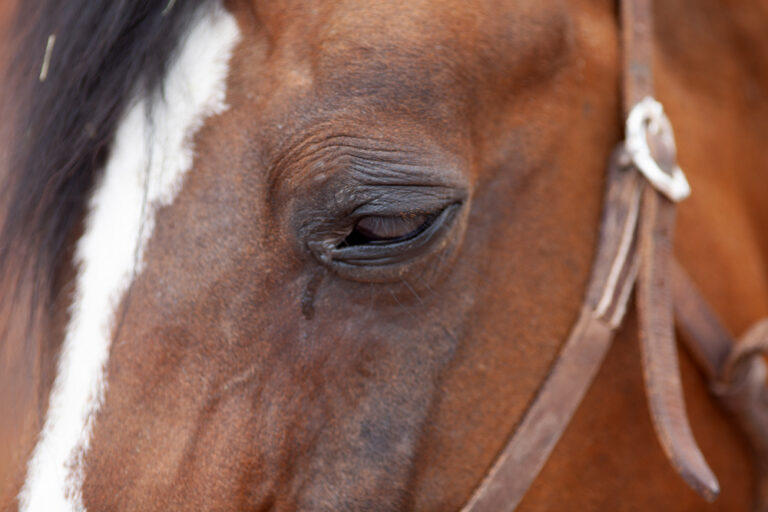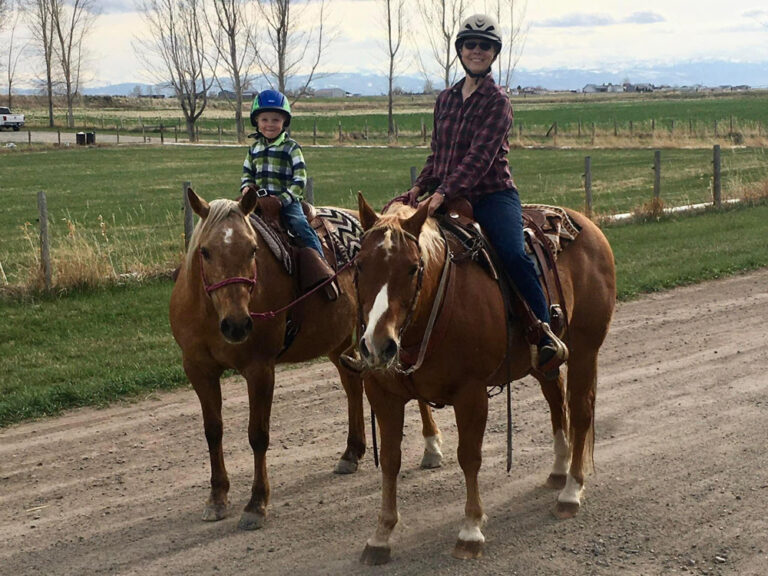There is some debate about what is a senior horse, pony, donkey, or mule. What age is ‘senior’ for an equid? In this podcast, we talk to Amanda Adams, PhD. She is an Associate Professor at the University of Kentucky’s Gluck Equine Research Center. She also serves as adjunct faculty at Lincoln Memorial University’s College of Veterinary Medicine.
Adams established UK’s Aged Horse Research Program. She has established and supports a unique herd of aged horses that have conditions ranging from pituitary pars intermedia dysfunction (PPID or Cushing’s disease) to obesity, equine metabolic syndrome, and insulin dysregulation.
She heads the Linda Mars Aged Horse Care and Education Facility at the University of Kentucky. This facility sits on about 120 acres with about 60 senior horses who will help lead the way on breakthroughs in care for older equids.
Adams is also on the Executive Advisory Council for My Senior Horse.
When Is a Senior Equid?
Two things horse owners should understand: Age is not a disease, and not all horses, ponies, donkeys, and mules age at the same rate.
There are three ways to define age:
- Chronological age—how many years of life?
- Demographic age—how does the animal compare chronologically to other animals?
- Physiological age (biological age) how well is the animal functioning?
“In looking at chronological age, the mean lifespan of a horse is around 25 years of age,” said Adams. “With a maximum lifespan around 45 years of age. One horse year is equivalent to 3-4 human years. So a 25-year-old horse is equivalent to a 70-year-old human.
“When we talk about demographic age, typically with dogs and cats, they are approaching ‘senior’ at 10 years of age,” she continued. “With horses, some say seniors are 15 years of age and some say 20 years of age, and I’m going to talk about that in a minute.”
However, she said the most important defining feature of what old age is can be based on the biological age. “You’re only as old as you feel, right?” said Adams
Biological Age
So when researchers look at at healthy and diseased horses and humans, they look at old age where there is less than 75% survivorship. That is harder to look at in horses because we have “artificial” endpoints of euthanasia versus natural death.
Therefore, Adams thinks that using biological age is the best way to define whether an individual is ‘senior’ or not. “This varies from individual to individual,” she said. “But we do know from research is that a lot of these physiological changes that occur with aging start to happen around 15-20 years of age” in horses.
This is not to say every 15-year-old is biologically old or has age-related diseases or showing signs of age. “Again, ‘aging’ is very individual,” Adams noted. “We have some horses approaching 30 years of age in [the UK herd] that you would say look like they are more in their early 20s.”
How Many Senior Horses?
Researchers have estimated that about 30% of the worldwide equid population are considered senior using 15 years of age and older. U.S. statistics are a little dated. Based on the last USDA survey, about 12% of the U.S. horse population was 20 years of age or older. Adams said if you did estimates and dropped that to 15 years of age, it would likely be close to the 30% global figure.
Adams said it was interesting in that a 2015 USDA study found that about 45% of horse operations had at least one senior horse on the property.
Kentucky Equine Survey
The state of Kentucky conducted a equine survey in 2022, and the results were released in July of 2023. It found that Kentucky was home to 210,000 horses, ponies, donkeys, and mules. And one-quarter of the population was 15 years of age or older.
Adams added a question to the general horse survey asking what owners thought were the top health concerns of their equids. The number one health issue most important to owners was care of the senior horse.
“Goes to show you that we love our older horses, and they are living longer,” said Adams. “And we want to know how we can do better by the senior horse.”
Further Reading
Focus on Senior Horse Longevity. MySeniorHorse.com
-
Kimberly S. Brown is an award-winning writer and publisher. She is the Editorial Director for My Senior Horse. Brown spent 10 years at Equine Network, parent company of My Senior Horse. Prior to that she worked for three years in equine nutrition after she retired from nearly 30 years working at The Blood-Horse. Brown spent the last 15 years of her time at that organization creating and developing The Horse and TheHorse.com.View all posts


